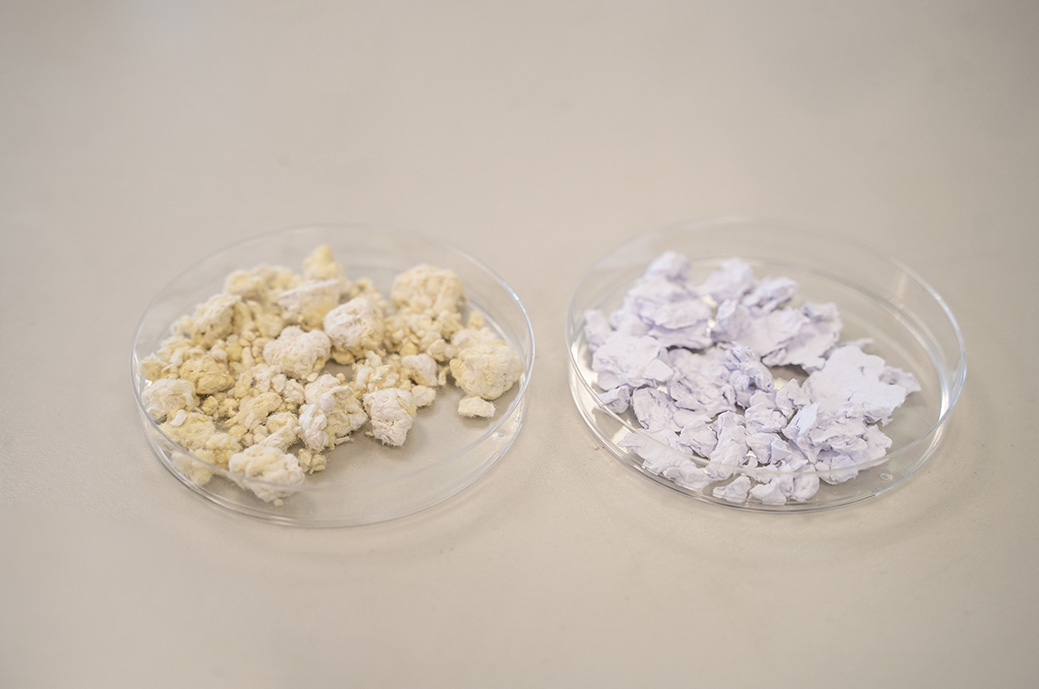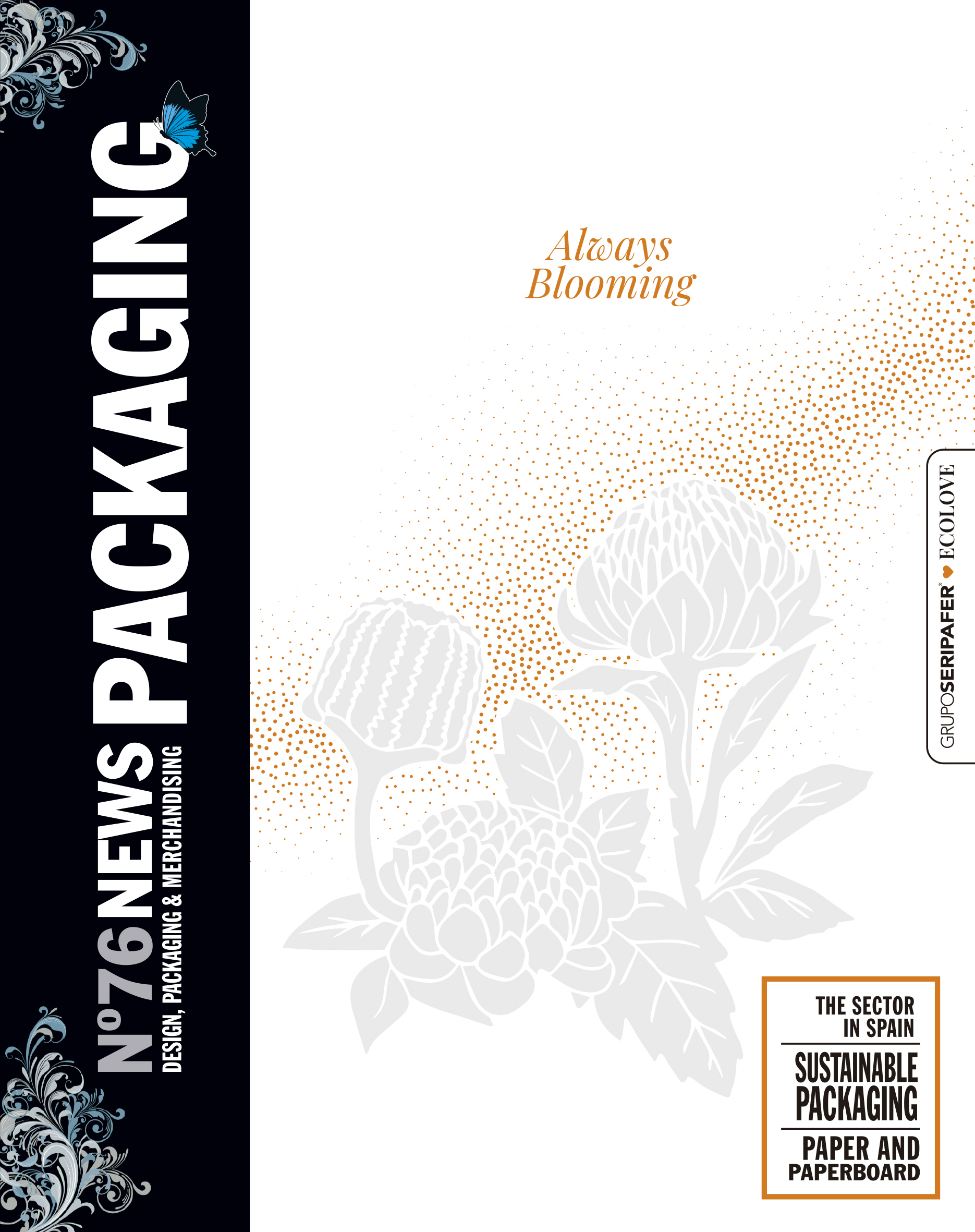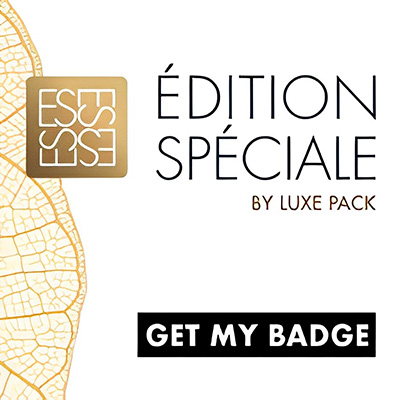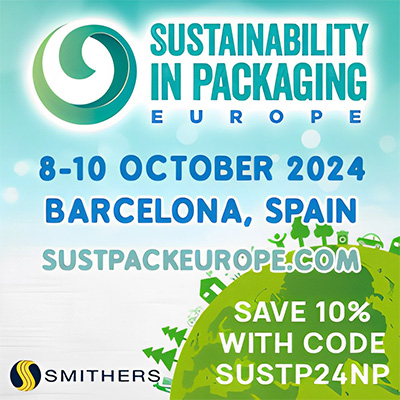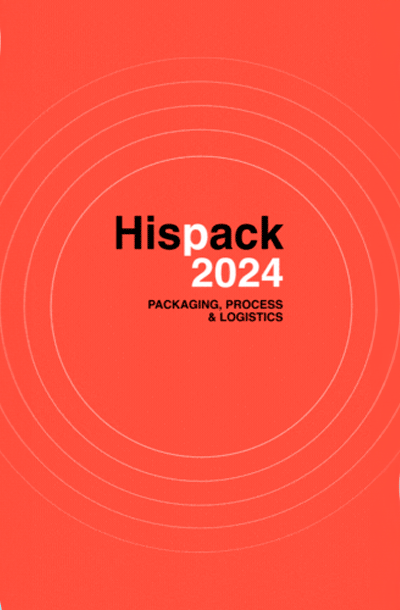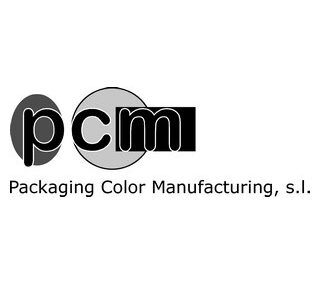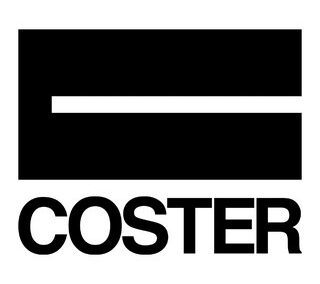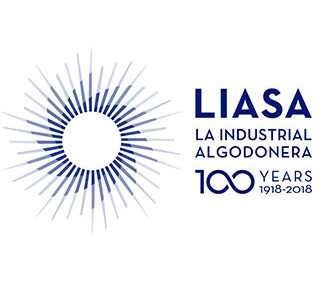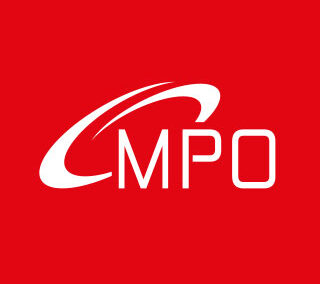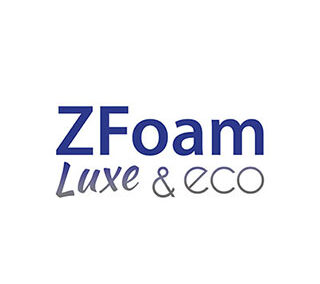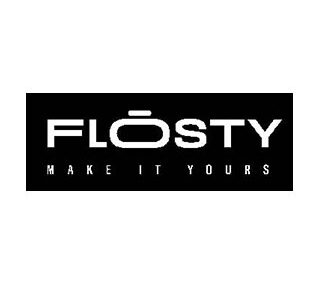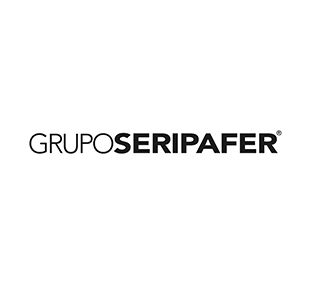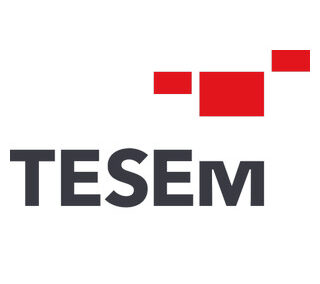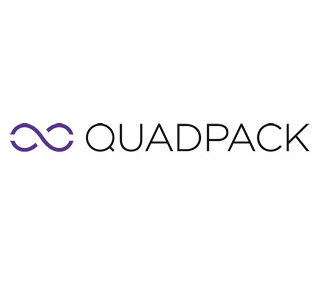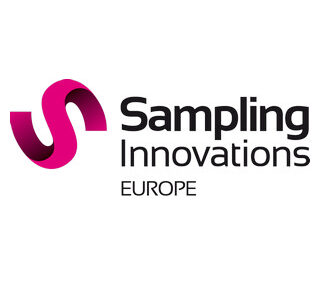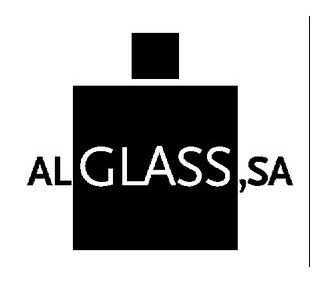Photo: Itene. Contaminated paper (left) and decontaminated paper (right) using the process developed by Itene in the VALOCEL project. El Itene technology center has managed to get a biopolymer of microbial origin by waste recovery of Orange and has developed an advanced decontamination process for recycled paper to improve its application in food packaging.
Within the framework of the VALOCEL project (2022-2023) financed by the Valencian Institute of Business Competitiveness (IVACE) with Feder funds, Itene has developed new technologies for the production and recycling of cellulosic products by manufacturing bacterial cellulose and removing oils minerals.
Specifically, it has optimized a bacterial cellulose production process from waste of orange to allow the market introduction of this biopolymer in industrial sectors such as paper industry, cosmetology, food and drugstore. In addition, it has developed an innovative process to eliminate contaminants present in recycled to facilitate its use in containers or other applications in food contact.
The project manager at Itene, Cesar Aliaga, has explained that, through the project, it has sought to "respond to the need to produce and scale up the production of bacterial cellulose from sustainable, economical and improved sources in response to the demand for this biopolymer due to its good mechanical and barrier properties and its high crystallinity and degree of purity, as well as due to the scarcity of industrial processes to produce it”.
To do this, orange peels have been hydrolyzed, that is, their second generation sugars have been extracted to obtain a broth enriched in sugars as a nutritional source that, once consumed by specific microorganisms, makes it possible to obtain bacterial cellulose. "This new bacterial cellulose production process allows for each kilo of orange peel to generate 76 grams of wet bacterial cellulose or 20 grams dry", explained the researcher.
Thus, the recovery of organic orange waste has been achieved, obtaining a new sustainable material which can be used in applications container y cosmetology and that it presents barrier properties to fats similar to those of commercial bacterial cellulose.
Recovery of recycled paper
On the other hand, the person in charge of the project has detailed that the project has also focused on the elimination of substances unsuitable for contact with food that may pose a risk to human health and that may limit the use of recovered cellulosic materials in certain applications with high added value, such as food packaging. This elimination has been carried out in the same recycling process.
For this, César Aliaga has indicated that "a process has been developed to decontaminate the paper recovered from mineral oils, contaminants that can appear during the recycling process". This process consists of applying polymeric beads to paper waste during the recycling process. Once introduced, these polymeric pearls manage to adsorb mineral oils reaching efficiency values higher than 99%.
In addition, these investigations are part of the work carried out by Itene to obtain sustainable biopolymers and recycled cellulosic-based materials with advanced properties that meet the quality requirements demanded by the industry, as well as to develop and adapt technologies that allow the improvement of manufacturing processes. recycling of cellulosic materials.

